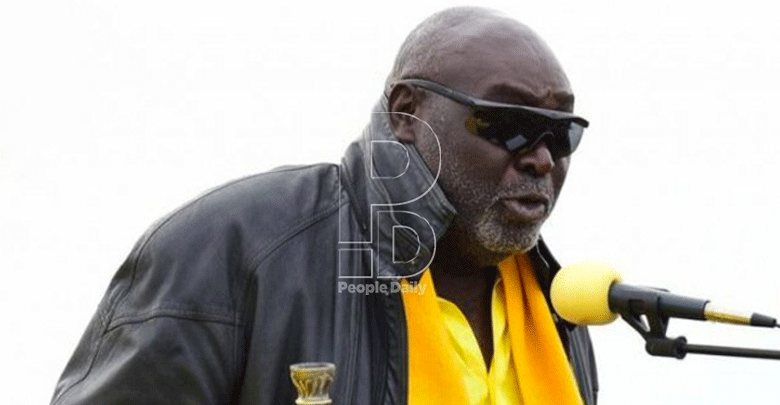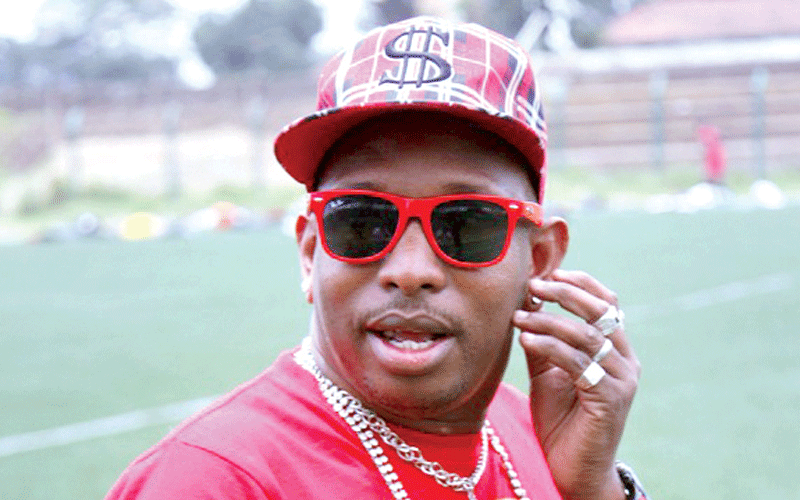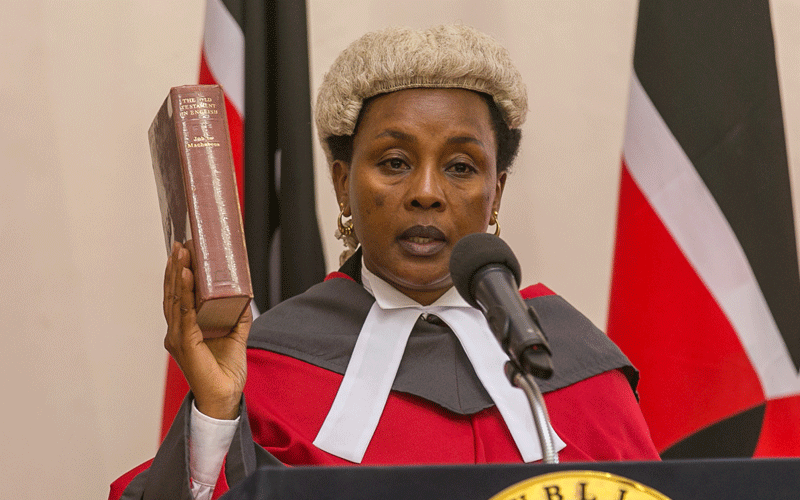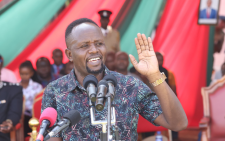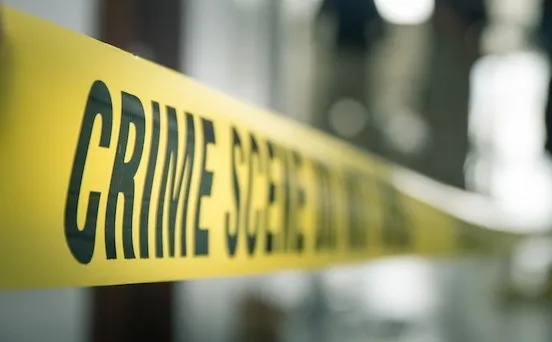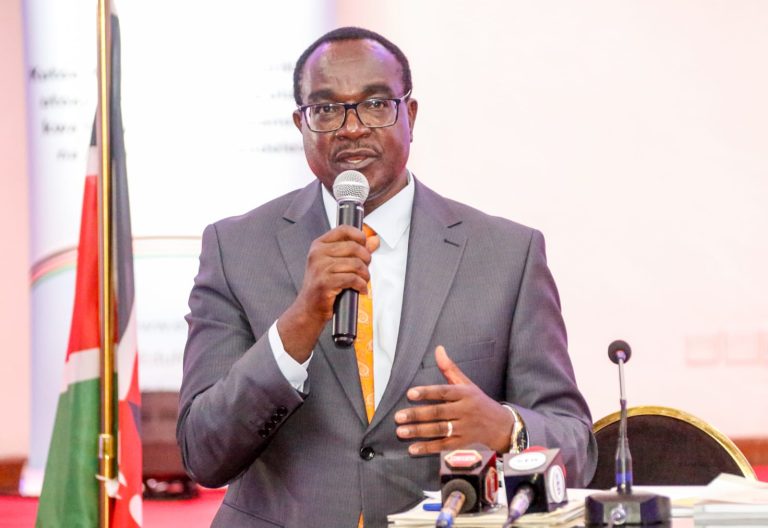Who will blink first in Kibicho, Sonko brawl?
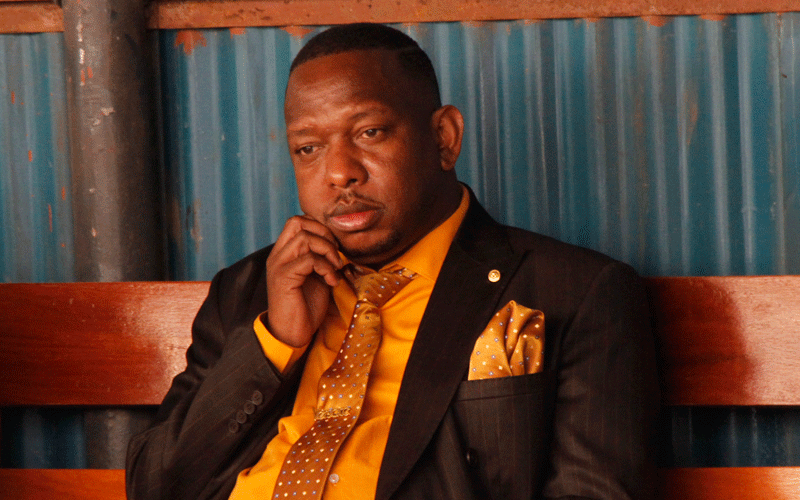
The case pitting former Nairobi Governor Mike Mbuvi Sonko against Interior Principal Secretary (PS) Karanja Kibicho is far from over with both parties flexing their muscles.
The Directorate of Criminal Investigations (DCI), has said one of the offences being investigated is undermining authority of public officer, which is contrary to Section 132 of the Penal Code.
The law, apart from placing the burden of proof on the person who made the allegations, also criminalises uttering or printing any words, without lawful excuse, that are calculated to bring into contempt, or to excite defiance of or disobedience to, the lawful authority of a public officer.
Any person found guilty of this offence is liable to imprisonment for a term not exceeding 3 years.
The DCI detectives are also investigating a case of incitement to violence and disobedience of the law, contrary to Section 96 of the Penal Code. Here again, the burden of proof lies on the person who made the allegations.
It is an offence, if without lawful excuse, the words are calculated cause death or injury, lead to damage or destruction of property, or lead to defiance of law.
Upon conviction, an accused person is liable to imprisonment for a term not exceeding 5 years.
Detectives have maintained that they still regard Sonko as innocent, adding that the law gives them the power investigate any allegation and summon any person believed to have information about the matter under investigation.
Since every person is presumed innocent, it is solely the responsibility of the State to prove the guilt.
Sonko on Wednesday said he will honour the summons but maintained that he spoke the truth, a thing that should not amount to a criminal offence.
“When did speaking the truth become an offence? And when did public officers become immune to accountability to the people? Sonko asked yesterday.
To further prove that he has the facts, Sonko on Monday said: “I was the main mobiliser in Nairobi for the so-called system, so I know what I am talking about and I have a lot to tell my fellow Kenyans and the world.”
But even as Sonko threatens to tell the world the truth, and meet his accusers in court, questions are now asked about his culpability.
Character assassination
On Sunday while in Rithumitu in Dagoretti, Nairobi county, he claimed, he together with PS Kibicho and others printed Orange Democratic Movement (ODM) T-shirts and bought vehicles which they later burnt.
“2017 wakati kulikuwa na maandamano ya ODM, mimi na Kibicho na deep-State wale wengine na system tulienda ku print T-shirt za ODM, tukanunua magari second hand kwa ma show room tukazichoma huko Ngong Road ionekane ni ODM,” Sonko said.
In this admission, the ex-governor is deemed a principal offender under Section 20 of the Penal Code, and can be charged with the offence.
According to Section 21 of the Penal Code, when two or more persons form a common intention to prosecute an unlawful purpose in conjunction with one another, each of them is deemed to have committed the offence.
Sonko’s lawyer Evans Ondieki on Wednesday instead, accused the PS for ‘lack of respect for the people and high headedness’.
“Our client has not admitted to any crime, only reiterating the facts in the context of freedom of speech under Article 33 of the Constitution,” Ondieki said.
Ondieki further threatened to sue Kibicho for character assassination and harassment of the former governor.
“Unless you withdraw your threat of war and desist and cease harassing Sonko, we have instructions to sue you to enforce the rights of our client,” he wrote to the PS in a letter dated January 26.
Sonko has also made serious allegations to the effect that the State wanted to assassinate the ODM leader, Raila Odinga.
“I am also ready to table evidence of how the so-called deep-State and system organised the attempted assassination of the former Prime Minister Raila Odinga in 2017,” he said.
Section 52(1) of the National Police Service Act gives any police officer to compel attendance of any person, whom the police officer has reason to believe has information which may assist in the investigation of an alleged offence.
